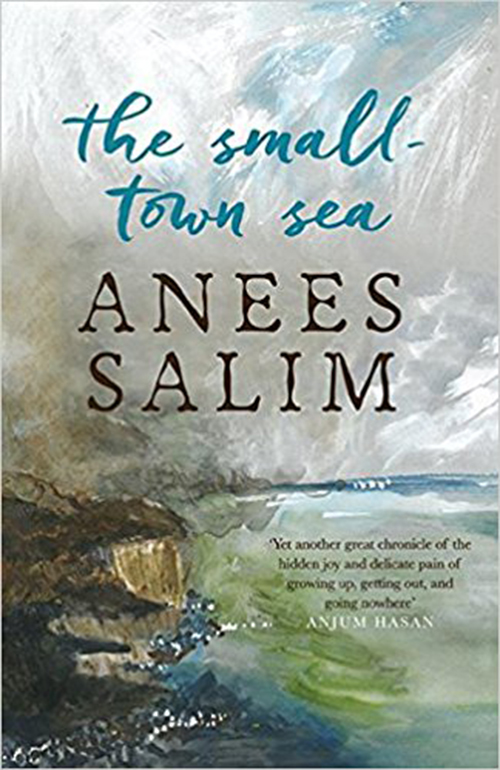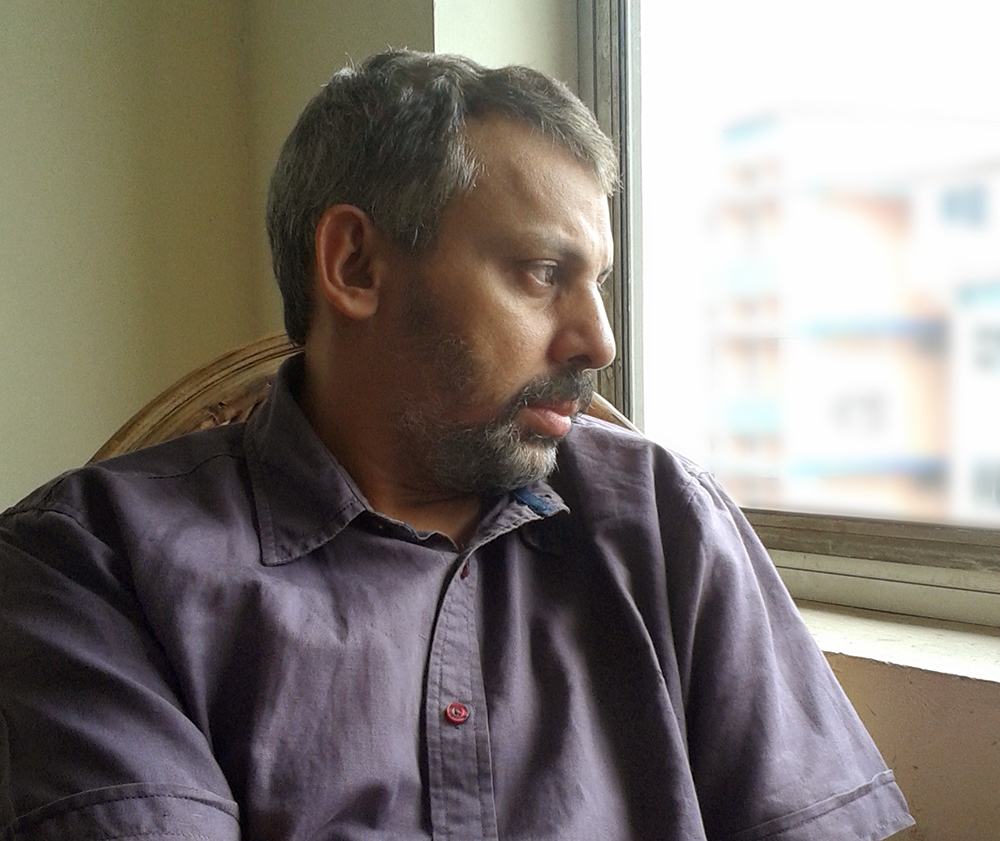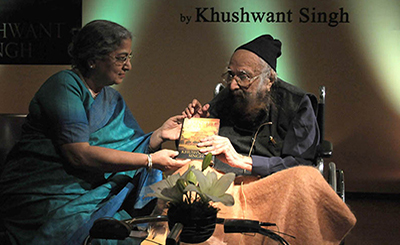LARGE.jpg)
Anees Salim. Photo courtesy of the author
Anees Salim says he loves constructing places inside his head. The author on his latest novel, The Small-Town Sea, and his craft
Anees Salim’s fifth novel, The Small-Town Sea (Penguin Random House), was released in May. His previous four novels include The Vicks Mango Tree (HarperCollins), Tales From A Vending Machine (HarperCollins), The Blind Lady’s Descendants (Amaryllis) and Vanity Bagh (Picador India).
The Small-Town Sea has been written as a letter addressed by a boy to a literary agent in London, James Unwin, who had sent many rejection letters to his father. The novel underlines that human life is about cutting a solitary path.
“I love constructing places inside my head. I used the small town as the prototype of the world. I think you can put this story in any place, make its characters follow any faith, but the story remains relevant,” says the author, who is now working on a novel, set in a big city, about a historical character and his crumbling world.
Excerpts from an interview with The Punch:
THE PUNCH: In themes and motifs, The Small-Town Sea treads similar territories as The Blind Lady’s Descendants. Could you talk about its genesis? What did you want this novel to be about?
ANEES SALIM: Yes, both these books share the same background, which is my hometown. And both the books deal with the anguish of people who find themselves stuck in the quagmire of life, slowly but surely sinking. I couldn’t even imagine setting these books anywhere other than my hometown, a place I know rather well.
Half way through the manuscript of The Small-Town Sea, I started to feel that I was writing the unofficial biography of not just one child, but many children. The names and the setting can change, but the storyline can turn real for any unfortunate child.
THE PUNCH: How does it resonate with your own story as some of your earlier works have?
ANEES SALIM: Like in the case of my other books, especially The Blind Lady’s Descendants, I sketched characters from people I grew up with, and put them against a backdrop I knew well. The book has two settings: one is a city where I currently live in, the other the town I grew up in.
Anyone who knows my immediate family and my extended family will tell you that the family tree of the protagonist bears a close resemblance to that of mine. And the protagonist’s father reflects my fears and insecurities as a writer and a father.
So, in many ways, it resonates with my story, but it is more about what can happen to me and my family than what has happened.
THE PUNCH: Was it conscious to keep the city and all the characters, including the boy narrator, unnamed?
ANEES SALIM: To begin with, I find it hard to give places their actual names. For me, naming a place is like signing an indenture with that particular setting, which makes me feel that I have a contractual obligation not to alter its topography even slightly. By giving the place a fictitious name, or leaving it unnamed, I feel free to tear it apart and reconstruct it the way I please. And I love constructing places inside my head, complete with their landmarks and landscapes.
Coming to the characters, only the boy narrator is nameless. Everyone else has either a name or a title. After reading the manuscript, my editor, Ambar Sahil Chatterjee, asked me to consider removing the name of the boy’s father, which incidentally was my name, and changing the name of the literary agent to James Unwin from that of a famous literary scout.
THE PUNCH: At many levels, The Small-Town Sea is about loneliness and walking alone amid fractured family relations, deaths and decay. And perhaps this is what makes the novel eminently poignant. At some level, however, it is also about the narrator’s journeys within. How important was this aspect for the story? Did you have the existentialist angst of a quiet child on mind when working on the novel?
ANEES SALIM: Yes, I relived my childhood and experienced the angst of a quiet child when I wrote this book. I kept wondering how I survived those lonely days in a depressingly small and uneventful town. I believe such anguish and solitude grooms the writer in you. And the child protagonist’s only aspiration is to become a writer.

The Small-Town Sea
By Anees Salim
Penguin Random House,
Rs 599, pp 304
THE PUNCH: The setting of the novel is quite bleak, with deaths occurring throughout the novel. And the prose is quite blithe, pared-down and minimalist. Did you have to work a lot to achieve the form and structure of the novel?
ANEES SALIM: I tried to capture the voice of a young, aspiring author who wants to show off his budding literary skills. The boy tries to tell you the story from different angles, using bird’s-eye view, fish’s-eye view, antelope’s-eye view… I used these angles to serve two purposes; to bring out the rich inner life the boy has and, secondly, to exhibit how the boy wants to use some techniques to hide his possible flaws while narrating life-changing moments. Yes, I had to work a bit to achieve the form and get the voice right.
THE PUNCH: Were you also interested in exploring the life in a small town or the life of a middle-class Muslim family? What do you make of the parallels with R K Narayan or Ruskin Bond? Have they been an influence?
ANEES SALIM: Almost all my books revolve around Muslim characters, but not necessarily middle-class Muslims. For instance, The Vicks Mango Tree has a Muslim king as one of its characters. Vanity Bagh talks about Muslims living in a slum-like area. But all the other books deal with middle-class Muslim families.
R K Narayan and Ruskin Bond are the writers I admire a lot. But their books haven’t shaped or influenced my writing.
THE PUNCH: Reading the novel, one felt that the unnamed town could be anywhere. There is an element of universality about the story as if it were a meditation on the universal human condition. Did you think about this aspect when you were working on its form? Did you want to construct this book as bildungsroman for its narrator who comes to terms with his loneliness?
ANEES SALIM: In spite of the fact that the protagonist believes that the size of the sea is directly proportional to the size of the town he lives in — and that childish belief has given the book its name — the story can take place just about anywhere. I used this town as the prototype of the world. I think you can put this story in any place, make its characters follow any faith, but the story remains relevant. Yes, I did try to make this book as bildungsroman for the narrator.
Page
Donate Now
More from The Byword
Comments
*Comments will be moderated












